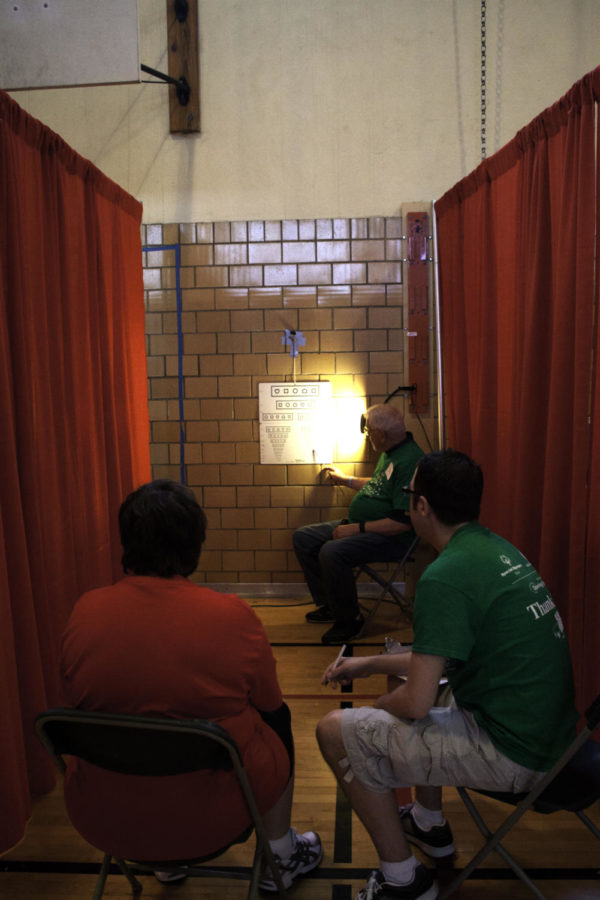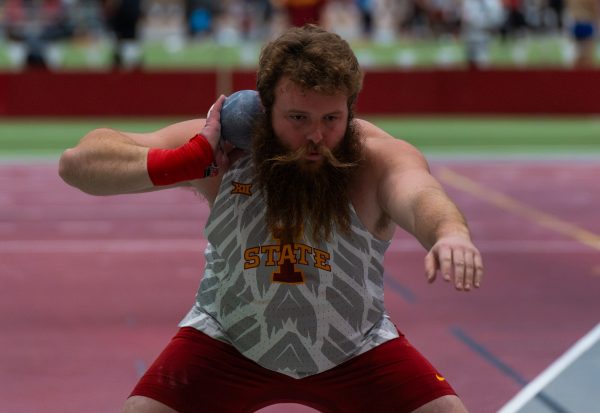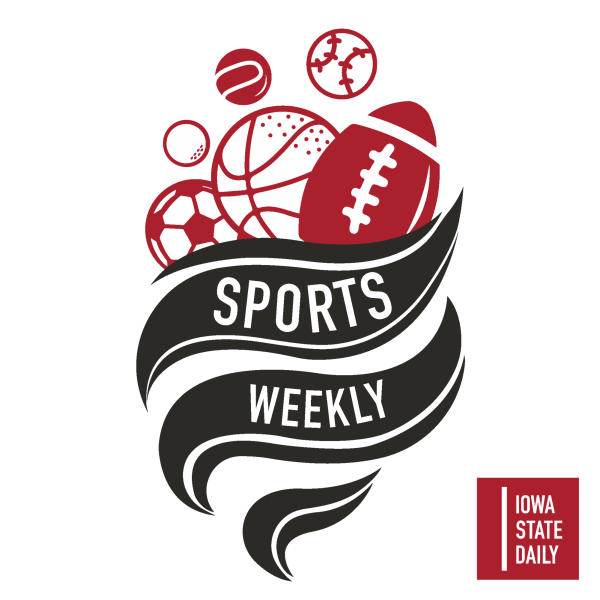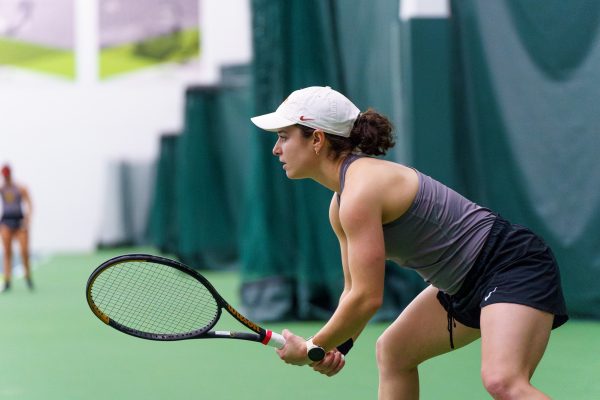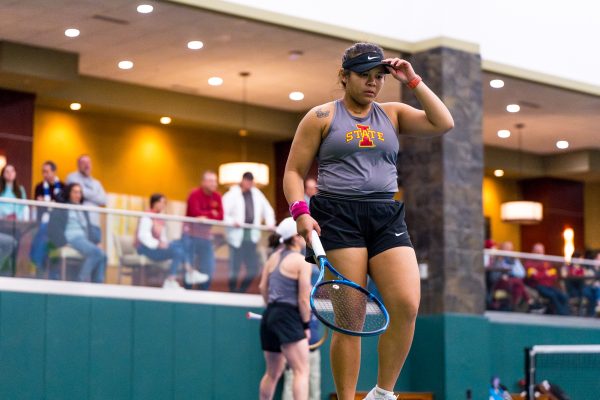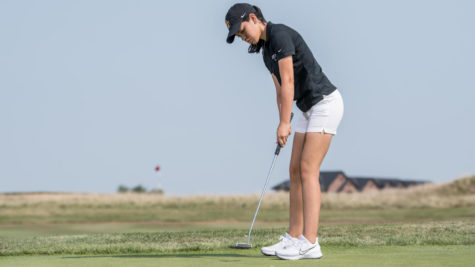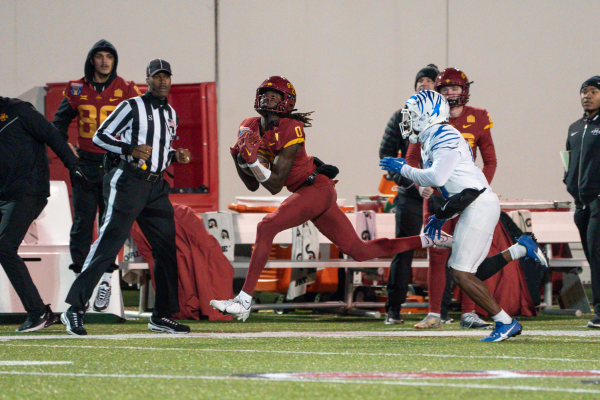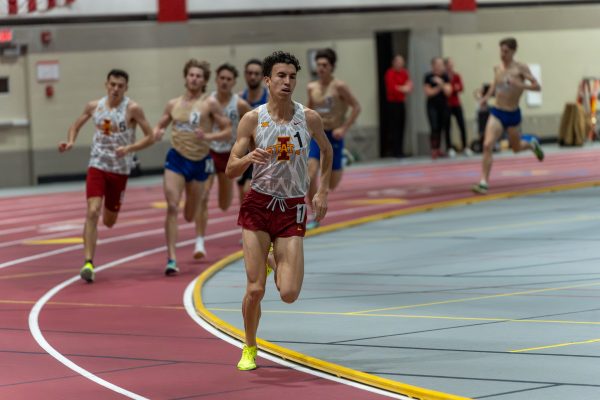Doctors help teach Healthy Athletes at Special Olympics
May 19, 2012
Odds are an athletic event is the first thing that comes to mind when thinking about the Special Olympics. To the surprise of some, the Special Olympics encompasses much more than just sports.
Healthy Athletes allows the athletes to learn how to take better care of themselves in more ways than one. In this past weekend’s Summer Games in Ames, 16 doctors made the trip to help with the seven different stations. One of the most popular stations is Opening Eyes, and Dr. Jay Christensen of Harlan, Iowa, has been participating since it started in 2000.
“What we do is we provide a vision screening for athletes that come from all over the state to qualify for the Olympics,” Christensen said. “We’ll probably see 200 to 300 athletes today, and we’ll probably provide prescription glasses for probably 100 to 150 of them.”
Each participant receives a 13-point checkup when they come through. One reason Opening Eyes is so important and popular is because for some athletes, it’s their only checkup they will get until next year’s games.
The program also helps athletes who would not normally be able to afford a second pair of glasses, and Kathy Irving, director of athlete initiatives for Special Olympics Iowa, said it translates to the classroom.
“They always make sure that at school they always have a pair of glasses that are good, clean, aren’t broken, not taped together,” Irving said. “So it’s really been a valuable program not just for the athlete but also for teachers.”
Athletes with good vision who don’t need prescription glasses do not go home empty handed either.
“If they don’t need prescription glasses, they get a pair of non-prescription sunglasses, which were also donated by Safilo,” Christensen said.
Among the other stations is Fit Feet, Health Promotion, Healthy Hearing, MedFest, Special Smiles and FUNFitness.
FUNFitness is one of the athletes’ favorite stations.
“It’s fitness, definitely,” said Jeff Alt of Cedar Rapids, Iowa. “I think for every athlete no matter what stage of life they’re in, fitness is the most important thing to have.”
At FUNFitness, the athletes are evaluated on strength, balance and flexibility. Athletes in wheelchairs or those with limited flexibility are tested as well, such as how far they can go in a minute.
Clinical Director of FUNFitness Cindy Hauber, D.P.T., said sometimes the athletes turn the fitness tests into competitions and have a lot of fun with it.
“Most of them are always excited,” Hauber said. “They’re really receptive when we suggest things for them to do to help get better, especially because a lot of them have some limitations because they’re not as flexible.”
Since Healthy Athletes came to Ames in 2000, many of the athletes have been through the stations on a yearly basis. Irving said some of them even remember the doctors who gave them a check up the year before, and the familiarity gives the athletes more peace at mind.
She also added that it has helped the program grow and become more successful because the athletes aren’t afraid that some things the doctors might do such as teach them how to brush their teeth might hurt.
“They’re getting so used to it now,” Irving said. “They know it’s here and they’re not afraid anymore.”
Whether it’s physical fitness or school, continuing to do what the teachers or specialists say beyond the classroom or gym is the deciding factor in making the changes long-term.
Alt said it is all based on the people and what they want it to be. If a person is up to the challenge, he said nothing is holding him or her back.
“It’s based on how you are up to it,” Alt said. “If you want to go home and keep trying this sort of stuff, take it and go with it.”

